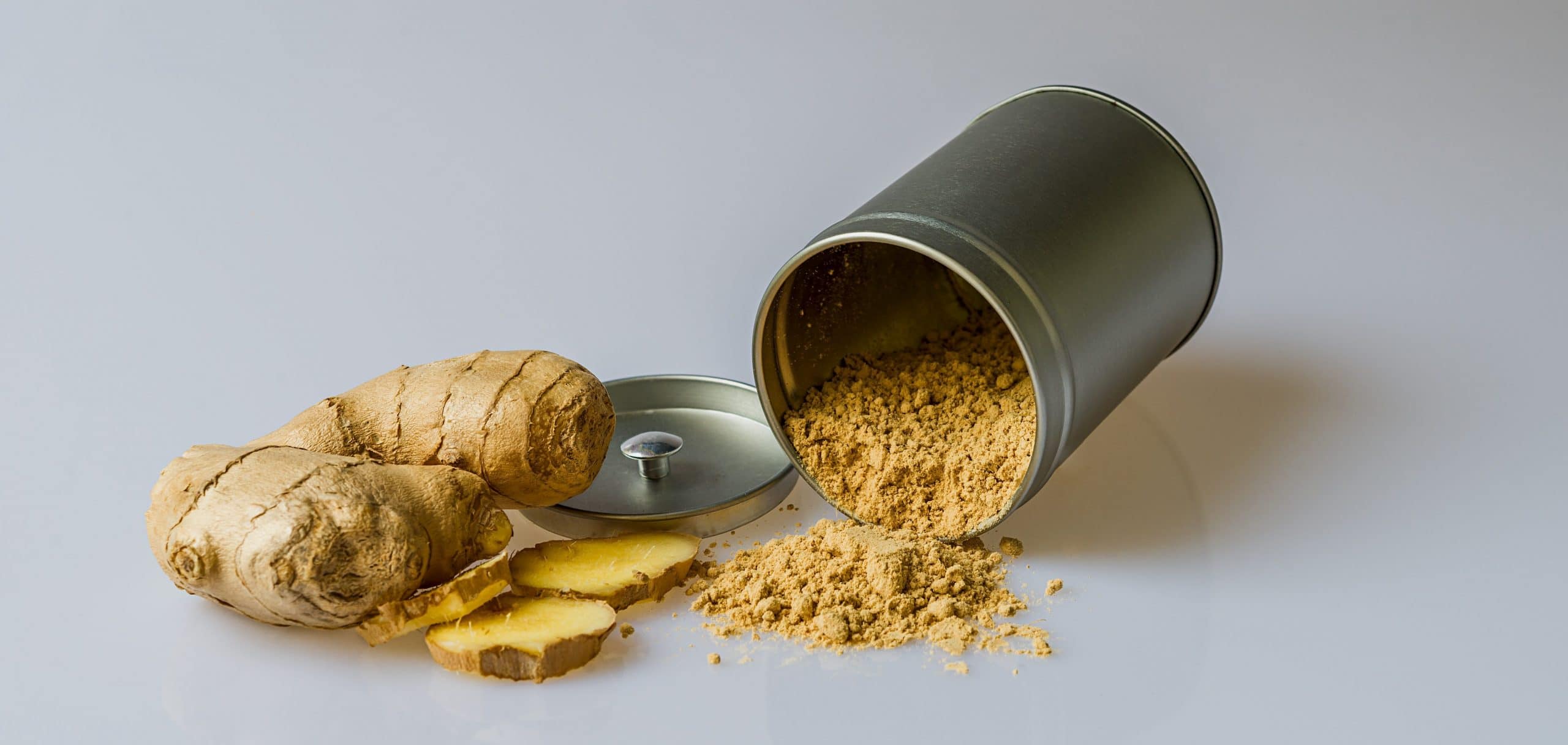If you’re like me, you want to try to live the healthiest and most natural life you can. For me, this means limiting the chemical solutions that I put in my body, which includes not using any pain/inflammation medications like Advil or Ibuprofen. Its not that I don’t understand that they can help alleviate pain or inflammation, but I do also know that they’re chemicals made in a lab.
Thankfully there are more natural anti-inflammatory compounds that help when you need them.
As someone who’s gluten intolerant, one of the side effects of accidentally ingesting gluten is major inflammation in my joints, so I count on these natural foods to help fight that and keep inflammation at bay.
If you’re looking to take a more natural approach to reducing inflammation, here are 3 amazing food that you should use.
Turmeric(Curcumin)
Turmeric is a root(or technically underground stem) from the Curcuma longa plant, which is in the same family as ginger. It has been used in Indian cuisine and medicine for possibly thousands of years. In food, its the spice that gives curry its yellow color, and medically, its been used to treat headaches, bronchitis, diabetes and inflammation.
The main active component, and where we get the anti-inflammatory properties of turmeric, is curcumin.
Some studies of regular curcumin intake have shown some amazing results, including reduced chance of getting Alzheimer’s disease (Alzheimer’s starts as an inflammation in the brain), reduced pain and better mobility in people with osteoporosis, and potentially protect against cancer.
While there is some debate as to which is better: turmeric or curcumin on its own, it comes down to how you want to take it. Adding the turmeric spice to meals, making and drinking ‘Golden Tea’, or taking turmeric capsules can help alleviate inflammation and pain. But if you want the stronger pain-reliever component, then taking a curcumin supplement is the way to go.
One note about curcumin though, is that humans have a hard time absorbing it by itself. Taken alone, most of it would pass through our bodies with very little being absorbed. What does help it absorb is peperine, an active component of black pepper. Taken together, they work as a team to absorb better, so ensure any curcumin supplements you take include peperine. Divine Bounty carries a well-reviewed Turmeric Curcumin with BioPerine Black Pepper Extract that is gluten free and should work well with most diets.
Ginger
There have been numerous studies that show natural foods have anti-inflammatory properties. For hundreds, or even thousands of years, people have been using the root of the Zingiber officinale plant (the hard to pronounce scientific name for Ginger) as a pain reliever, arthritis fighter, stomach calmer and headache soother.
In the past few decades a good number of research teams have looked into the properties of ginger and have shown great results to confirm that this plant is very beneficial to humans.
The active medicinal ingredient in ginger is a compound known as 6-gingerol. It has shown that it contains anticancer, anti-inflammation, and anti-oxidation properties, making it a great supplement for those with inflammation. (Source)
Since ginger is widely available – from basic pill-form to raw roots in your grocery store – it is easy to try.
Because of it’s effect on your stomach, it can also help counter any stomach upset that may happen with regular pain medication. Just note that Ginger is not recommended to be taken with most blood clotting medications – see the rxlist.com website for details.
In terms of dosage, most supplement bottles, like those from Nature’s Way will give their recommended amount, but for fighting inflammation, a dosage of between 240mg and 1000mg per day for up to 4 weeks seems to be the normal amount (source).
Boswelia
Boswelia is a resin that comes from the Boswellia serrata, a large branching tree that grows in dry mountainous regions of India, Northern Africa and Middle East.
Used for centuries as an anti-inflammatory medicine, it is popular in Ayurveda medical texts and is a staple of Ayurveda anti-arthritis treatment.
The resin (known as “oleo gum resin”), is harvested by an “incision on the trunk of the tree and is then stored in specially made bamboo basket for removal of oil content and getting the resin solidified”(Source).
Multiple studies have shown that this supplement exhibits anti-inflammatory properties. The resin from Boswellia serrata contains “monoterpenes, diterpenes, triterpenes, tetracyclic triterpenic acids and four major pentacyclic triterpenic acids”, of which “acetyl-11-keto-β-boswellic acid is the most potent inhibitor of 5-lipoxygenase, an enzyme responsible for inflammation.”(Source)
Boswellia has been fairly well researched and in trials has shown to improve joint mobility, chronic bronchitis and acute respiratory distress syndrome (Source).
Dosage of Boswellia will depend on the supplement source. Since this is a naturally occurring supplement, it can vary in potency in each batch. Read the instructions on whatever supplement you choose. Boswellia can easily be purchased in pill form, or as a powder from Amazon.
Conclusion
As with any new supplement, do your own research, talk to your naturopath and watch for any symptoms that feel like your body isn’t reacting well to the supplement.
I am a big fan of Curcumin as an anti-inflammatory supplement, and have taken it off and on for a number of years. I find that taking breaks from a supplement make it work better, and since long-term use of these supplements hasn’t been fully researched, do take them with caution in the long-term.
Have you taken any of these supplements and had success? Let us know in the comments!
Note: The article above may contain affiliate links to Amazon.com. I may earn a small commission for my endorsement, recommendation, testimonial, and/or link to any products or services from this website.

